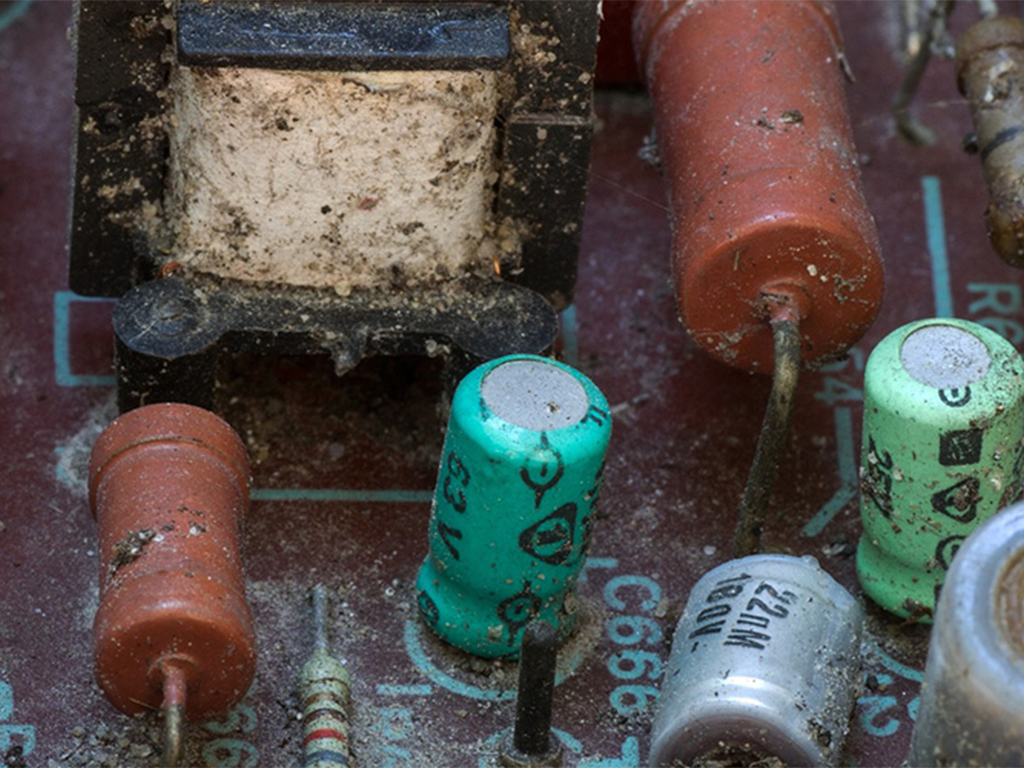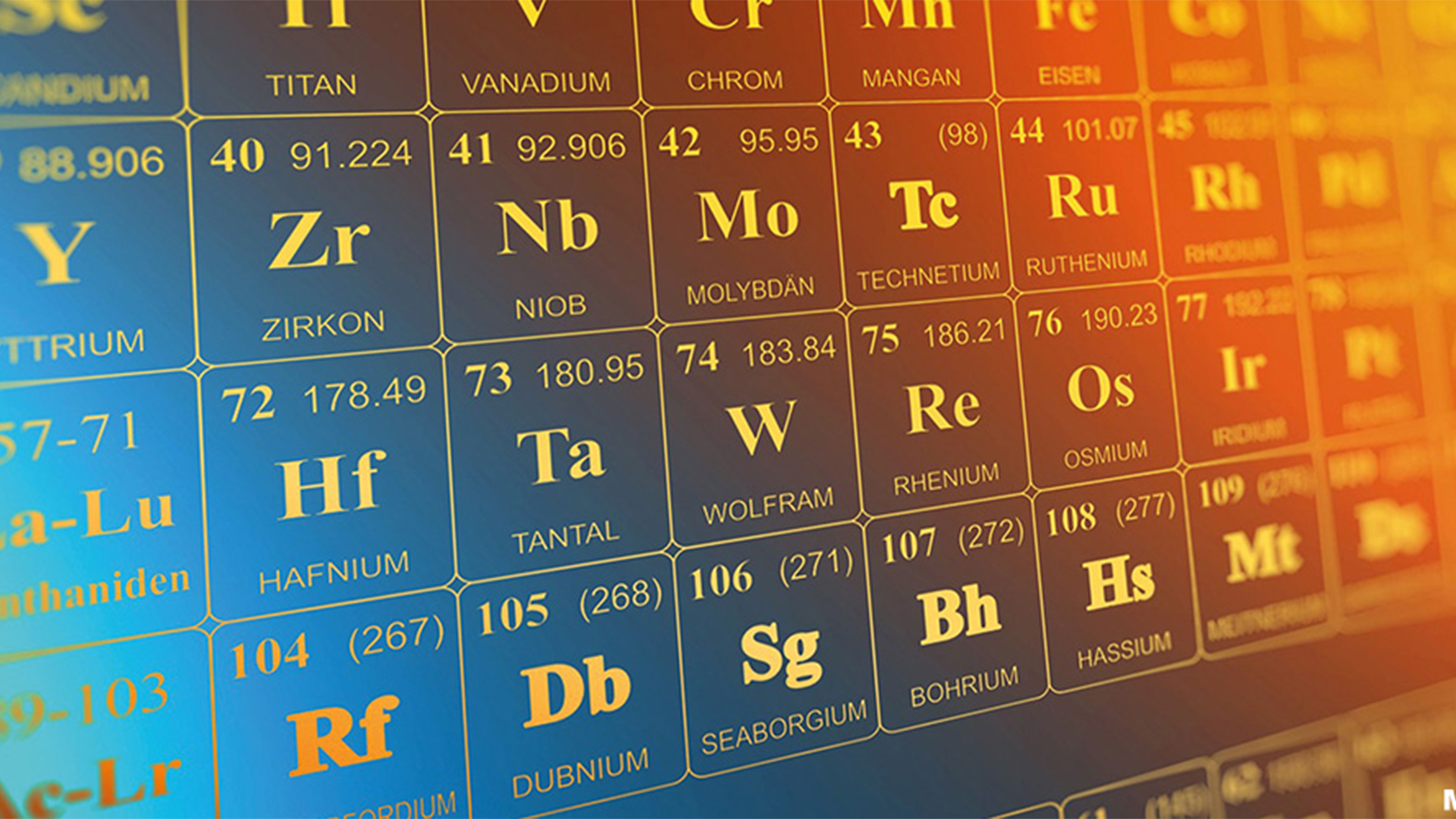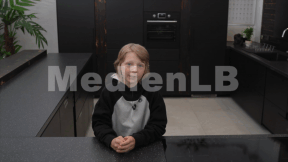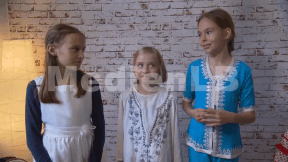 Geografie, Wirtschaft
Geografie, Wirtschaft


46505049 / 55504929
Seltene Erden
Gewinnung, Produktion, Wiederverwertung
Der technische Fortschritt versorgt die Menschheit zuverlässig mit innovativer Technologie. Dies hat die Nachfrage nach spezifischen Rohstoffen, etwa für Mikrochips, Rußpartikelfilter, und Dauermagneten sprunghaft steigen lassen. Metalle wie Lithium, Cer, Neodym und weitere gehören zu den sogenannten „Seltenen Erden“. Der Bedarf nach ihnen hat große geopolitische Auswirkungen, und hat zum Aufstieg Chinas, das den Großteil der Lagerstätten auf seinem Gebiet birgt, entscheidend beigetragen.
Der Film geht der geopolitischen Bedeutung der Seltenen Erden ebenso nach, wie er deren Verwendung und Gewinnung zeigt.
Abschließend werden Möglichkeiten gezeigt, den Bedarf an Seltenen Erden (und damit eine strategische Abhängigkeit von China) durch effektives Recycling zu reduzieren.
In Verbindung mit dem umfangreichen Zusatzmaterial (Arbeitsblätter, interaktive Aufgaben, Glossar, Testfragen) lässt sich das Medium hervorragend im Unterricht verwenden.


Lehrplanzentral und an den Bildungsstandards orientiert
Passend dazu
Saisonal und gesund kochen
Selber kochen macht Spaß und mit saisonalen und regionalen Zutaten tut man auch etwas für die CO2-Bilanz.
Rassismus
Von Rassismus spricht man, wenn Menschen wegen äußerer Merkmale wie ihrer Hautfarbe, aber auch ihrer Herkunft oder Religion, als Gruppe bestimmte, meist negative Eigenschaften zugeschrieben werden.










